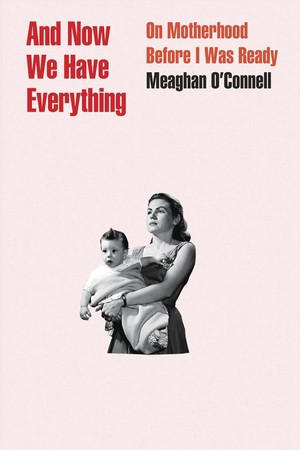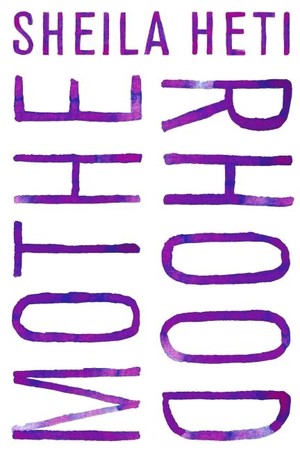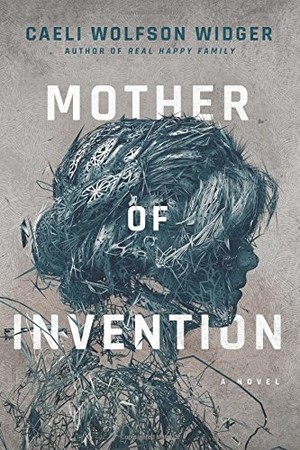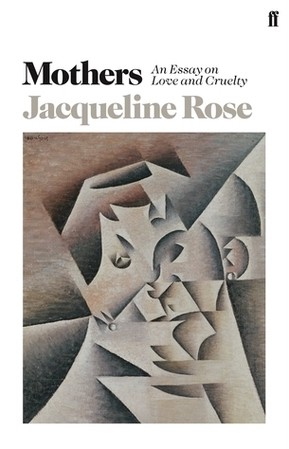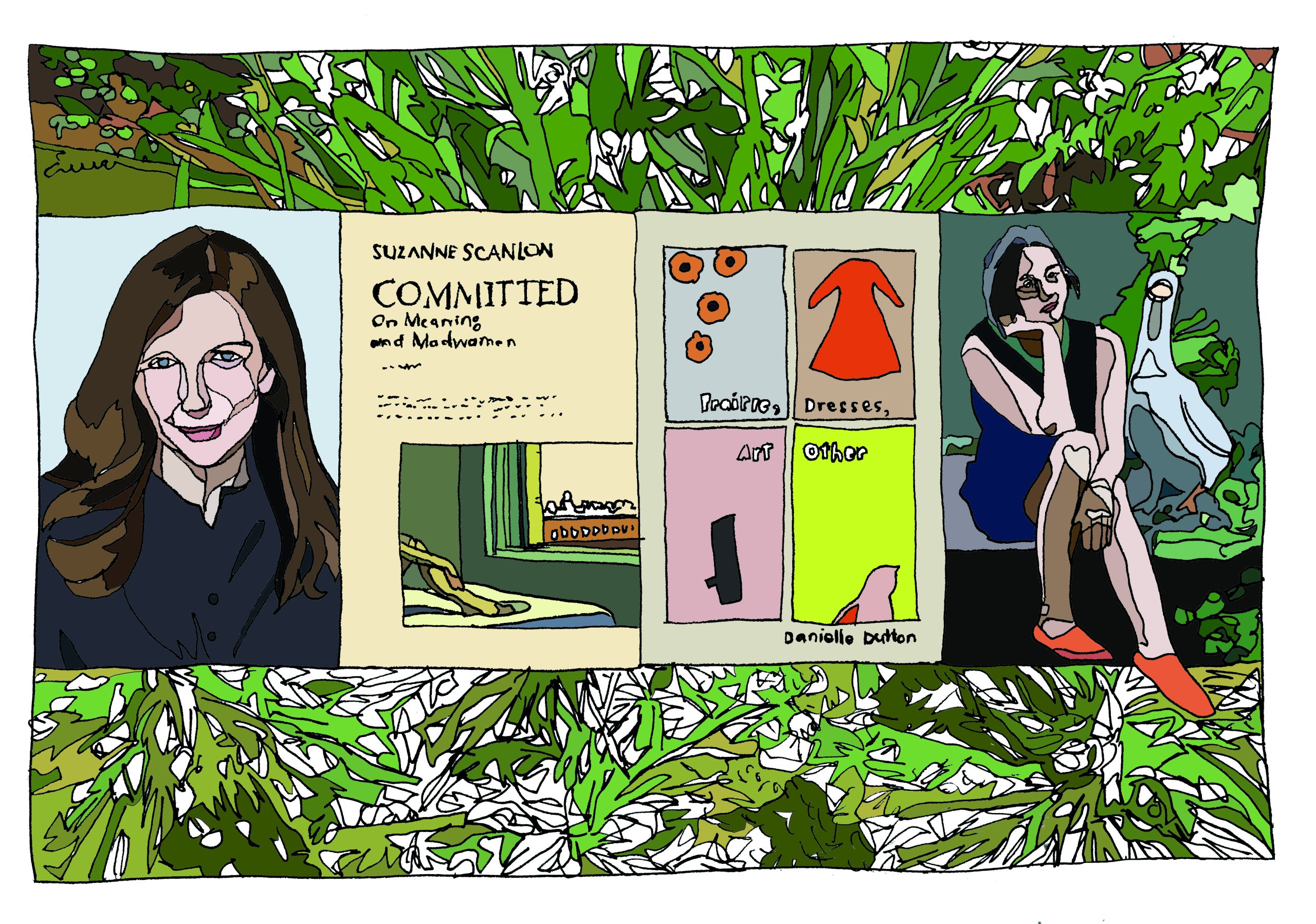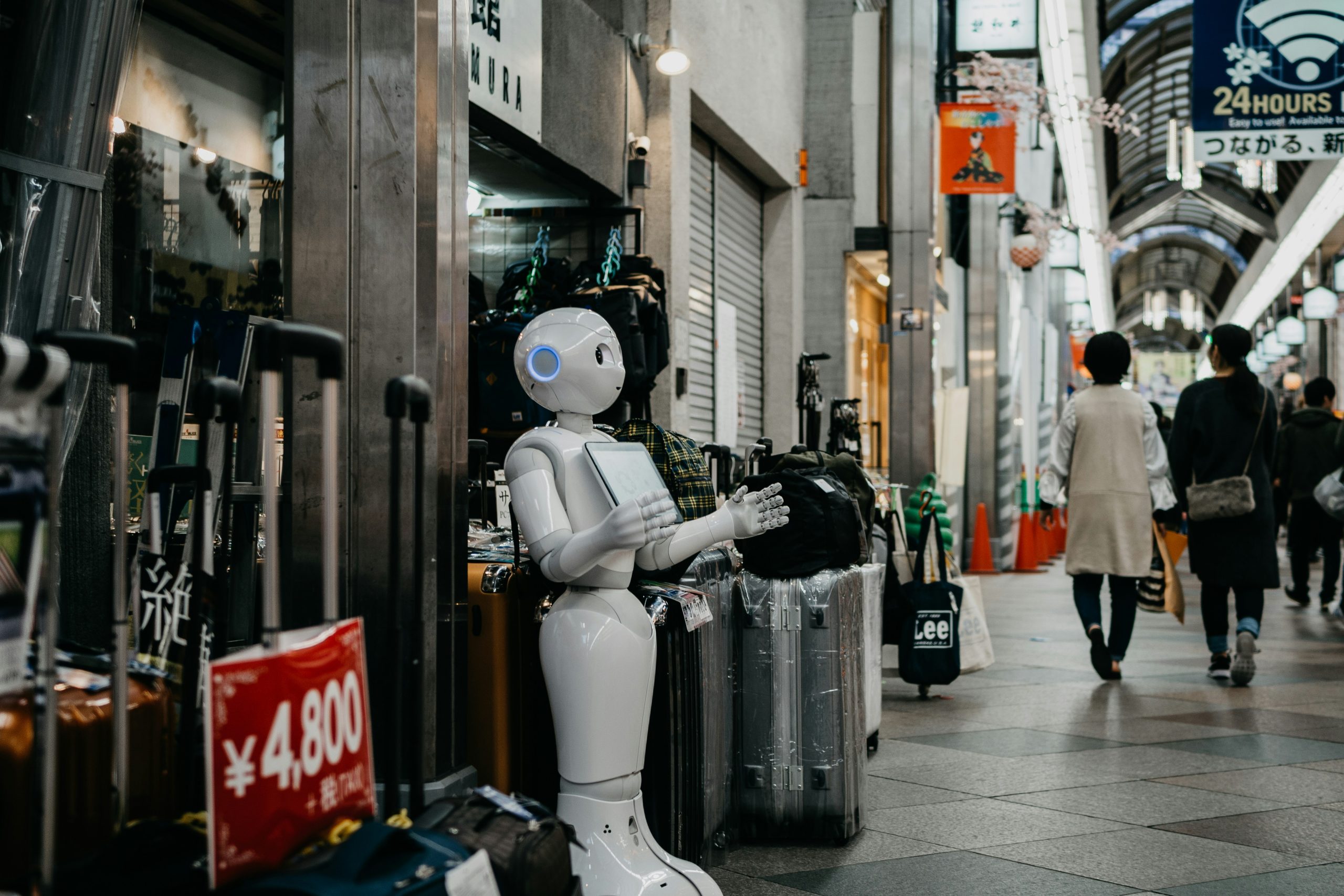Reading Lists
10 New Books About the Messiness of Motherhood
2018 is the year of realistic, lived-in accounts from women who do, or don’t, want to be mothers
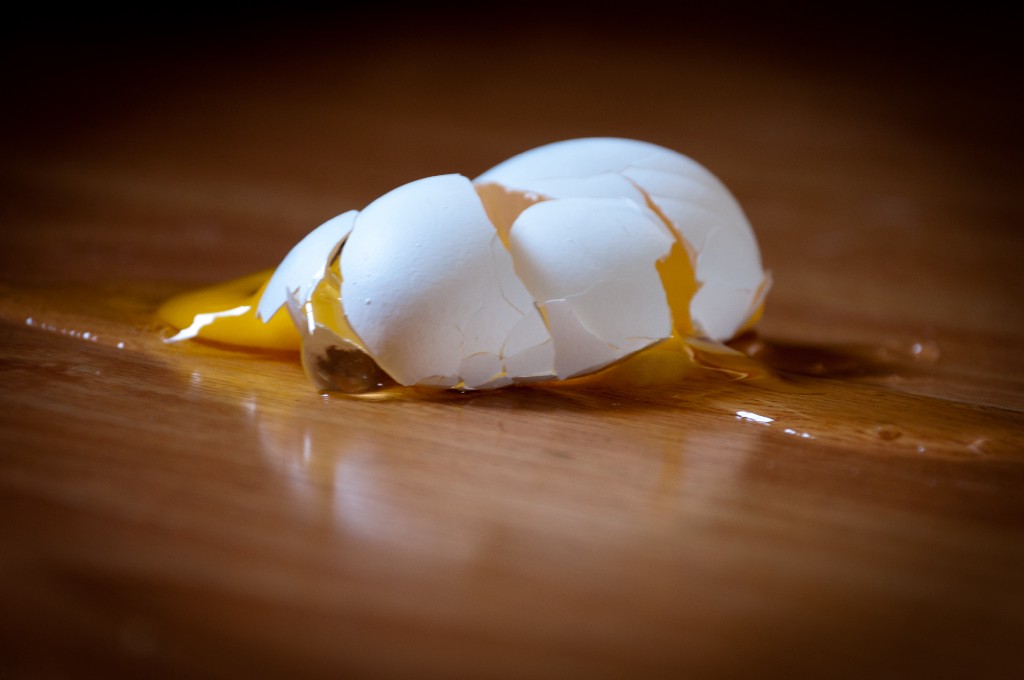
We are in the middle of the Year of Mothers. We can all recall the moment in 2016 when it was impossible to walk into a bookstore without bumping into a book with the word “girl” on the cover. Now it seems, the girls have morphed into moms. No medium is immune to the magnetic force of motherhood, whether it is the TV series Jane the Virgin, the indie film Tully, or any one of the ten books on this list.
On the eve of Mother’s Day weekend, we decided to gather up the 2018 books about mothers piling up on our desk. There are memoirs, essay collections, and novels. Most of the books on this list were written by women who are tired of societal assumptions about having children: the assumption that motherhood looks like a cozy, heteronormative nest, the assumption that motherhood is beautiful and generative, the assumption that women spring fully-formed into mothers, or the assumption that motherhood and womanhood are co-dependent categories of being. Here are ten titles in 2018 that highlight the demand for messier, lived-in accounts from women who do, or don’t, want to be moms.
Like A Mother by Angela Garbes
When food and culture writer Angela Garbes became pregnant, she quickly burned out on all of the “advice” (read: shame and judgment) she was getting from statistic-bloated obstetricians and judgmental friends and family. She decided to go about her pregnancy with the same verve and curiosity she would any other assignment. The book is a demand for more honest and nuanced information about pregnancy and women’s health. Like A Mother is a feminist treatise that ultimately makes the case for why women need access to better care. This means more holistic support, cultural inquiry, and science-based information about what’s really happening to a woman’s body before, during, and after pregnancy.
The Motherhood Affidavits by Laura Jean Baker
The Motherhood Affidavits is a memoir with a storyline that is stranger than fiction. Laura Jean Baker has found the cure to her lifelong depression in the hit of oxytocin (the hormone released into the body during pregnancy and near-death experiences) she gets during her first pregnancy. The “love hormone” turns into a craving and addiction that makes the size of her family grow beyond the means she and her husband Ryan, a public defender, have to offer. As Laura Jean Baker struggles with her dependency on the hormones produced by having children, she begins to see her own actions reflected in her husband’s clients. She studies alleged murders, robberies, and arsons. In the process she develops compassion for the clients’ actions, while building up more evidence against the benevolence of her own actions. Baker weaves together crime reporting and confessional memoir to present her personal experience of motherhood as addiction.
That Kind of Mother by Rumaan Alam
In his new novel, Alam mines his experience of raising two adopted black sons to tell the story of Rebecca Stone, a mother of two sons in the 1980s. Rebecca is a poet married to a British diplomat living in Washington. She is white, and her nanny Priscilla is black. Rebecca is grateful for Priscilla’s mentorship and friendship, and as a poet, she is deeply sensitive and disturbed by the way her words are born from good intentions but shadowed by racism. When Priscilla dies in childbirth, Rebecca decides to adopt her nanny’s baby. The adoption opens her eyes to the way the world builds language around her two sons, and more particularly the way the world treats her two sons in wildly different ways. That Kind of Mother explores the hyper-visible and invisible identities of mothers and sons, examining the way race, class, and culture require some to stare, and give others permission to look away from the conflicts at the center of what it means to raise a child in America.
And Now We Have Everything by Meaghan O’Connell
Squeamish readers may find O’Connell’s memoir uncomfortably frank; she doesn’t shy away from visceral images like scabby nipples or the giant knitting needles that are used to break a woman’s water if it doesn’t break on its own. And Now We Have Everything strips away all the gauze that pads most portrayals of pregnancy, birth, and early motherhood, and shows the experience for the open wound it really is. It’s a forthright, unsparing, weirdly loving, and eminently human account of the hardships and rewards of motherhood.
Meaghan O’Connell Thinks Motherhood Is What Keeps Women Oppressed
Motherhood by Sheila Heti
PSA: Motherhood and womanhood are not the same thing. In Heiti’s novel, the narrator is surrounded by friends in their thirties, all asking each other when they will or should have babies. But the narrator, deeply skeptical of the assumption that she must have a child, asks herself “if” and “why” she might become a mother, at all. Heiti writes, sharp, clean and elegant lines that try to illustrate and frustrate the assumption that being a woman is inextricably (and problematically) tethered to being a mother. As a young woman being prodded by “concerned” doctors, “well-meaning” strangers, and “responsible” family members about when I, too, will become a mother, Heiti’s question is welcome on my bookshelf.
Mother of Invention by Caeli Wolfson Widger
If you learn anything from books like And Now We Have Everything, you learn this: Motherhood changes your life. But what if it didn’t? In Widger’s science fiction novel, tech CEO Tessa Callahan’s company Seahorse is hard at work on products like remote nursing rigs that will make it easier for fathers to care for infants — but it still hasn’t solved the problem of pregnancy. Then Tessa links up with social media heir Luke Zimmerman, who’s pioneering a way to get pregnancy down from nine months to nine weeks, making it only a fraction as disruptive for women’s lives and careers. But as the first cohort of Seahorse subjects begin their ultra-accelerated gestations, shady secrets start to come to light about where the technology comes from and where it’s going. Mother of Invention may be science fiction, but it’s gimlet-eyed about the way pregnancy and motherhood can stand in the way of women’s ambitions.
Stray City by Chelsey Johnson
An anti-romantic comedy, Stray City follows the coming of age of Andrea Morales in 1990s Portland. A young gay woman fleeing from her conservative Catholic family, Andrea vows to reject her heteronormative upbringing and finds belonging in a thriving commune of artistic, zine-making lesbians. After a painful breakup with an older girlfriend, Andrea does the unthinkable and begins a clandestine affair with a man. Her brief and intense affair leads to a pregnancy and she decides to raise the baby on her own, much to the chagrin of her parents and the “Lesbian Mafia.”
Chelsey Johnson’s ‘Stray City’ Deals with Queer Reality, Not Queer Theory
Things That Helped: On Postpartum Depression by Jessica Friedmann
Sometimes the only way to resurface from depression is to focus on small steps, little things that we can stack back up into something that looks like a whole being. In Things That Helped, Jessica Friedmann writes a beautifully lyrical and intellectually complex series of essays that bloom from the focus on one object, idea, or category. The essays are intersectional studies that weave in ecofeminism, cultural studies, and questions about race and gender. Though I am not a mother, I pined for this book after reading the excerpt published by LitHub: “Blood, Birth, and the Talismanic Power of Red Lipstick,” which left me dewy-eyed and jelly-legged on a subway platform, because Jessica Friedmann is able to celebrate and interrogate the vivid, grotesque, and sublime tissues of the female body.
Mothers: An Essay on Love and Cruelty by Jacqueline Rose
According to Jacqueline Rose, the way we construct motherhood in Western culture is wrong and dangerous. We bury all our problems in mothers, and we have projected unrealizable fantasies onto the mothers in our lives. We blame mothers for all the ills of the world, then idealize them as the problem-solvers tasked with amorphous, unsolvable problems. Rose pulls in everything from Elena Ferrante to Victorian divorce law to make the case that we need to make more space to listen to mothers’ voices, to give the darker characters of motherhood more room to breathe.
Reading About the Worst Parts of Motherhood Makes Me Less Afraid
An Excellent Choice: Panic and Joy on My Solo Path to Motherhood by Emma Brockes
We need some humor on this list! Thank goodness for Emma Brockes and her blunt, witty account of deciding to become a single mother at the age of 37. A British journalist by trade, and in the early stages of her relationship with her girlfriend, Brockes decides to travel to the US to undergo IUI (Intrauterine Insemination) procedures. Brockes wrestles with her Libertarian Ob-Gyn and muses on the bulk-order options and existential conundrums brought on by sperm donor catalogues. As the wave of capitalist/tone-deaf Mother’s Day cards and candles wash over us, we can be grateful for Brockes’s challenge to the ways we celebrate motherhood: Why are more and more women choosing to undergo fertility treatments to become single mothers? How does society treat women who try but ultimately cannot have children?







